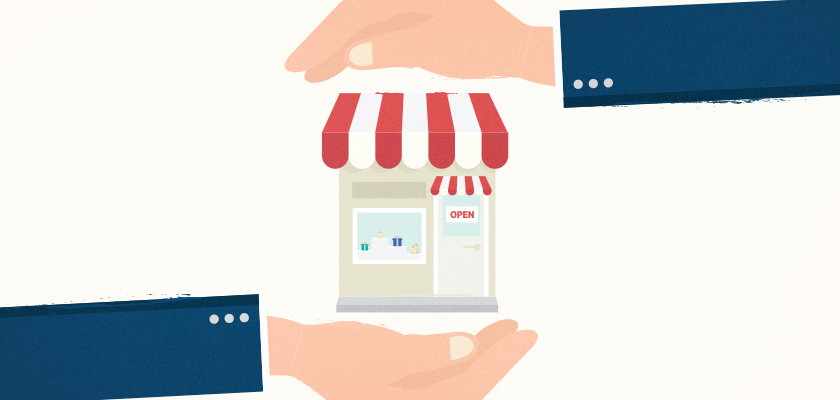Become an insider!
Get our latest payroll and small business articles sent straight to your inbox.

Updated December 2016
As most people who know me realize, I have a love/hate relationship with the holidays.
While I love the family time, sharing, and trying to do good, I hate the over-commercialization. (Folks…12 days of Christmas and none of them are in November!)
But, since there is nothing to be done by the ever present “Black Friday Sales” and promotions, I have found that spreading of good cheer (and marked down prices) is a bonanza for the criminally inclined.
So, instead of letting the threat of online scams dampen your holiday spirits, we’re sharing the top five Holiday Scams to should watch out for this season, compiled by the good folks at Knowbe4.
1. Black Friday/Cyber Monday Specials
This time of year, online scammers use a variety of lures to get unsuspecting buyers to click on links or open attachments. Bad guys build complete copies of well-known sites, send emails promoting great deals, sell products and take credit card information – but never deliver the goods.
Sites that seem to have incredible discounts should be a red flag.
Remember that when a “special offer” is too good to be true, it usually is. For instance, never click links in emails or popups with very deep discount offers for watches, phones or tablets. Go to the website yourself through your own browser and check if that offer is legit.
2. Complimentary Vouchers or Gift Cards
A popular holiday scam is big discounts on gift cards. Don’t fall for offers from retailers or social media posts that offer phony vouchers or (Starbucks) gift cards paired with special promotions or contests.
Some posts or emails even appear to be shared by a friend (whose account may have been hacked).
Develop a healthy dose of skepticism and “Think Before You Click” on offers or attachments with any gift cards or vouchers!
3. Bogus Shipping Notices From UPS and FedEx
You are going to see emails supposedly from UPS and FedEx in your inbox that claim your package has a problem and/or could not be delivered.
Many of these are phishing attacks that try to make you click on a link or open an attachment. However, when you do, your computer gets infected with a virus or even ransomware, which holds all your files hostage until you pay $500 in ransom.
4. Holiday Refund Scams
These emails seem to come from retail chains or e-commerce companies such as Amazon or eBay claiming there’s a “wrong transaction” and prompt you to click the refund link.
However, when you do that and are asked to fill out a form, the personal information you give out will be sold to cyber criminals who use it against you.
Oh, and never, never, never pay online with a debit card, only use credit cards. Why? If the debit card gets compromised, the bad guys can empty your bank account quickly.
5. Beware of Fakes
Designer brands aren’t the only ones getting knocked off these days. Fake apps have now been appearing in both the App Store and Googe Play. The best way to verify the authenticity of an app is to research the publisher and check the reviews. Other red lights are convenient misspellings of popular apps and apps representing retailers that don’t actually have an app. Before you download an app from the app store, go to the app’s website and learn more.
Another tip — it’s also a good idea to ensure you have the latest software and security updates on all your mobile devices.
This the original 2015 article on 5 scams to avoid was published on the Knowbe4 blog and can be accessed here.
This year, see Knowbe4’s 10 Ways To Avoid Holiday Scams.










